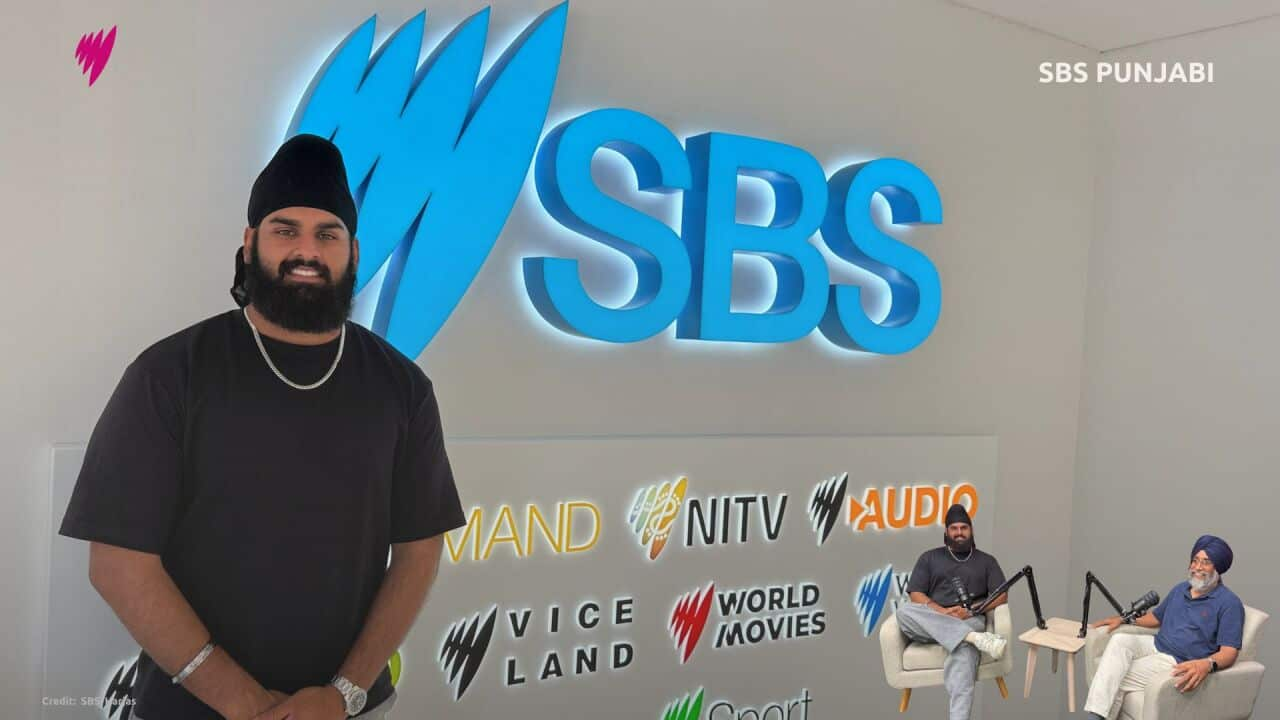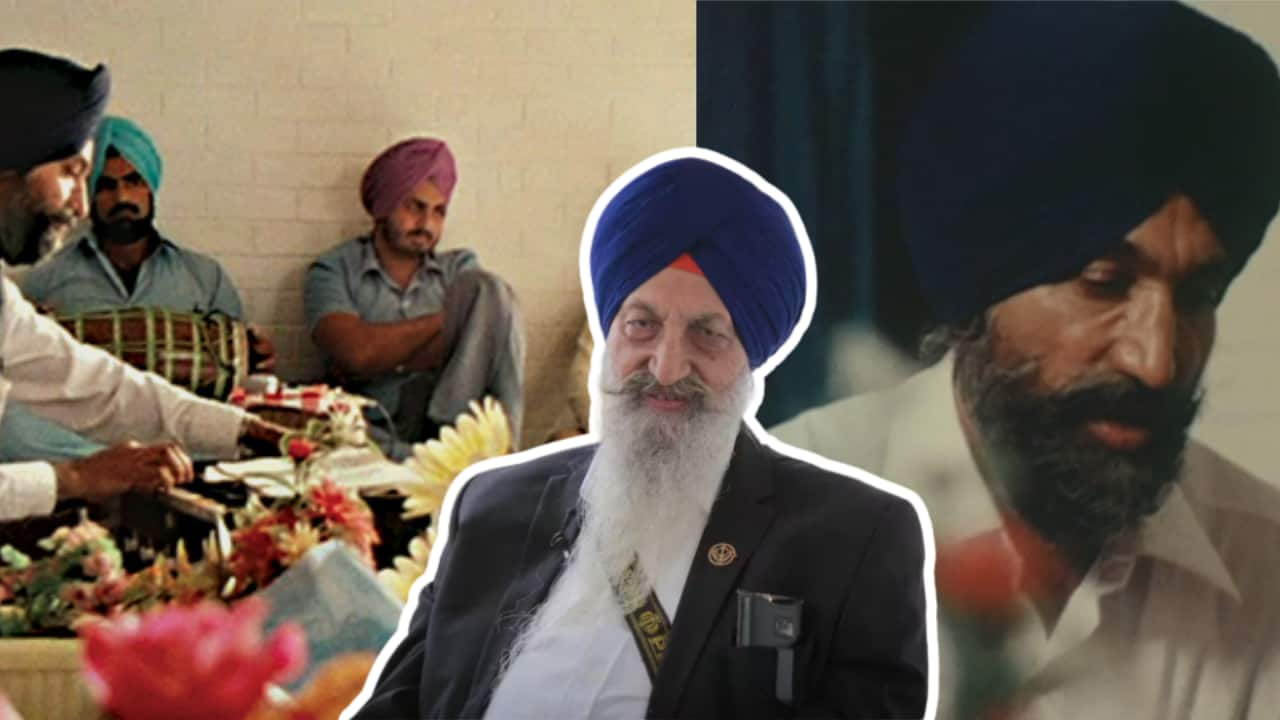Don’t all cows and buffaloes look the same, one would think? But Param Singh can sit you down and explain why he would disagree.
“Our team of village entrepreneurs collected pictures of 8,000 cattle to start with and brought this data to our IT team who cleaned it up. We then identified 300 unique features in cattle and hence developed our app, which helps distinguish one animal from another,” says the 37-year-old Perth-based social entrepreneur.
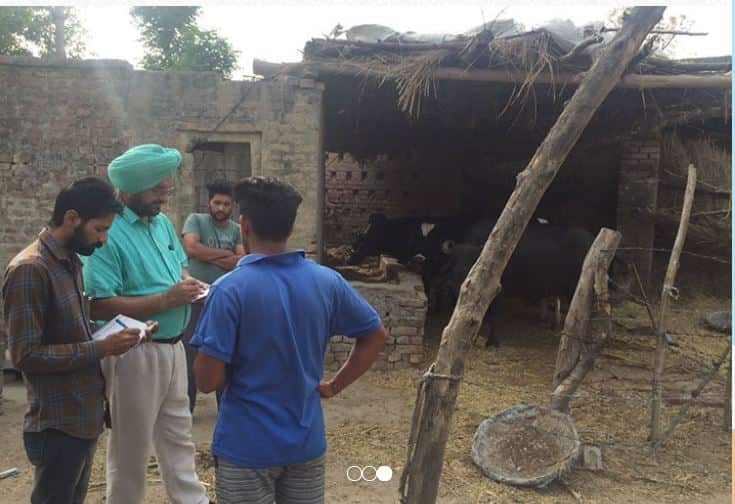
Having the cheapest internet service in the world (20 cents per GB of data) with a very high density of network, coupled with the easy availability and high usage of smartphones, the India of today enjoys a very conducive environment for businesses like MoooFarm to provide technology solutions to the marginalised sectors in India's economic juggernaut.
Param explains that the technology works because of artificial intelligence.
“Pictures are taken from 400 angles at different times of the day and night in varying qualities of light. Our system has 92 -95 per cent accuracy at the moment and we want to take it further. With machine learning (ML) algorithms, we are further enhancing accuracy."
He is now spending increasing amounts of time in India as his enterprise, co-owned with Gurugram-based Aashna Singh, aims to help a million marginalised dairy farmers in India, out of which every third farmer is a woman.
For starters, MoooFarm, helps India’s dairy farmers and insurers tell the difference between different cows and buffaloes.
This social enterprise is amongst India's market leaders in what is known as their White Tech Revolution, which can be called the Gen Next of the White Revolution of 1970s India. Also known as Operation Flood, this government-backed initiative is today the world's largest dairy production programme.
In a nutshell, MoooFarm is bridging the technology gap for India's marginalised dairy farmers.
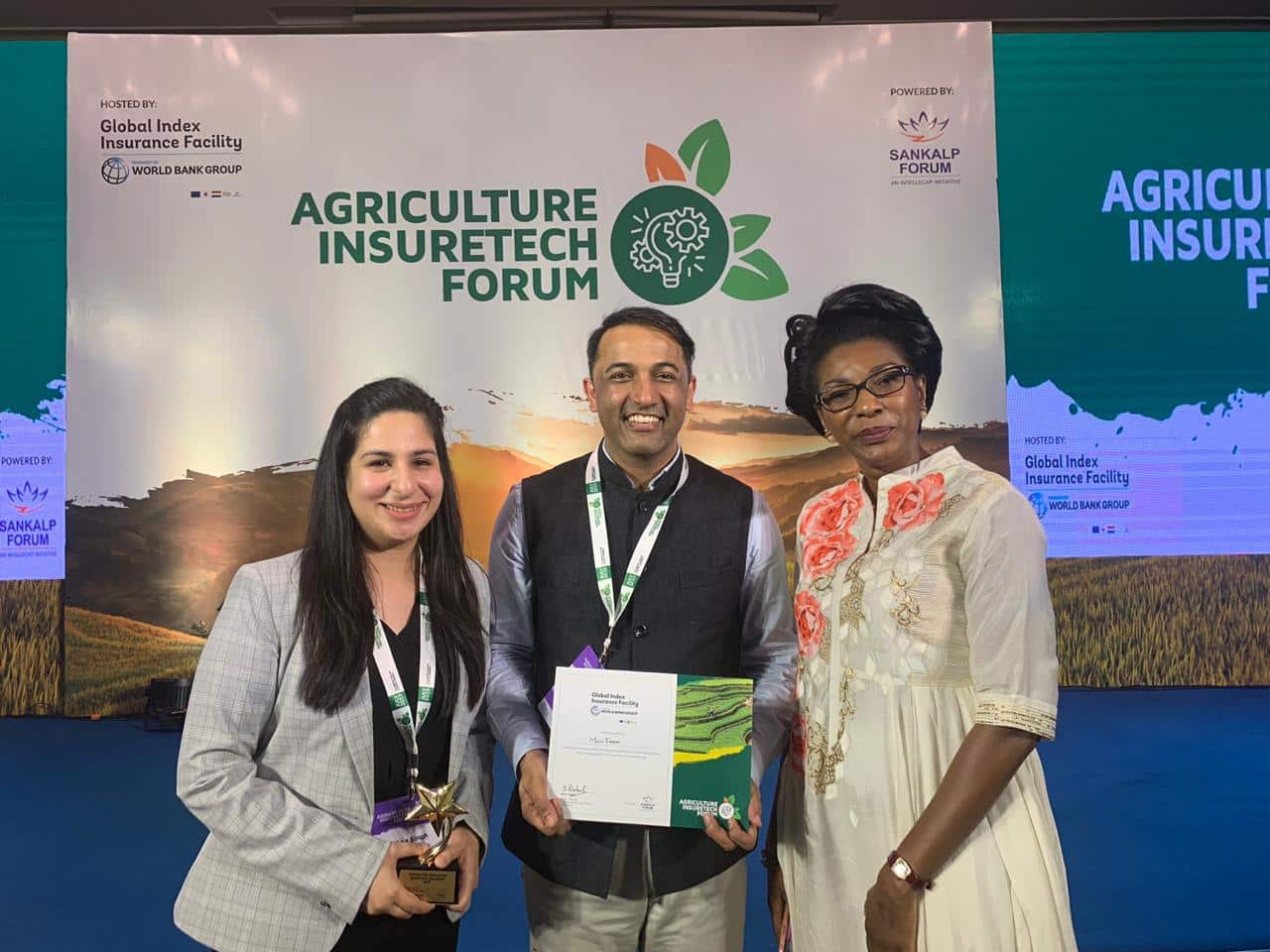
“When we started out, even I thought all cattle looked exactly the same. As a new bride, my mother, who got married into a rural family, had a tough time identifying the buffalo she was asked to milk on a given day by my grandmother. So we thought why not solve this problem for everyone,” laughs Mr Singh who came to Australia as a student in 2003 and studied in Melbourne before moving to Perth.
His business partner Aasha Singh also studied in Sydney on an exchange program. Together, they founded and registered MoooFarm in Australia in 2018. The company is now headquartered in Gurugram, in the vicinity of India's capital, New Delhi.
Earlier this year, they won the Agriculture InsureTech Innovation Challenge by the World Bank Group. A few months later, they got a grant from Microsoft to develop a machine learning platform to tackle mastitis- a disease found in dairy cattle.
“In India, a few heads of cattle can be all the wealth a small farmer may have. Hence, if they lose them due to any reason, they lose everything. Therefore, insurance of cattle becomes paramount but due to the high distrust between insurance companies and dairy farmers there, the footprint of insurance is very narrow," he says.
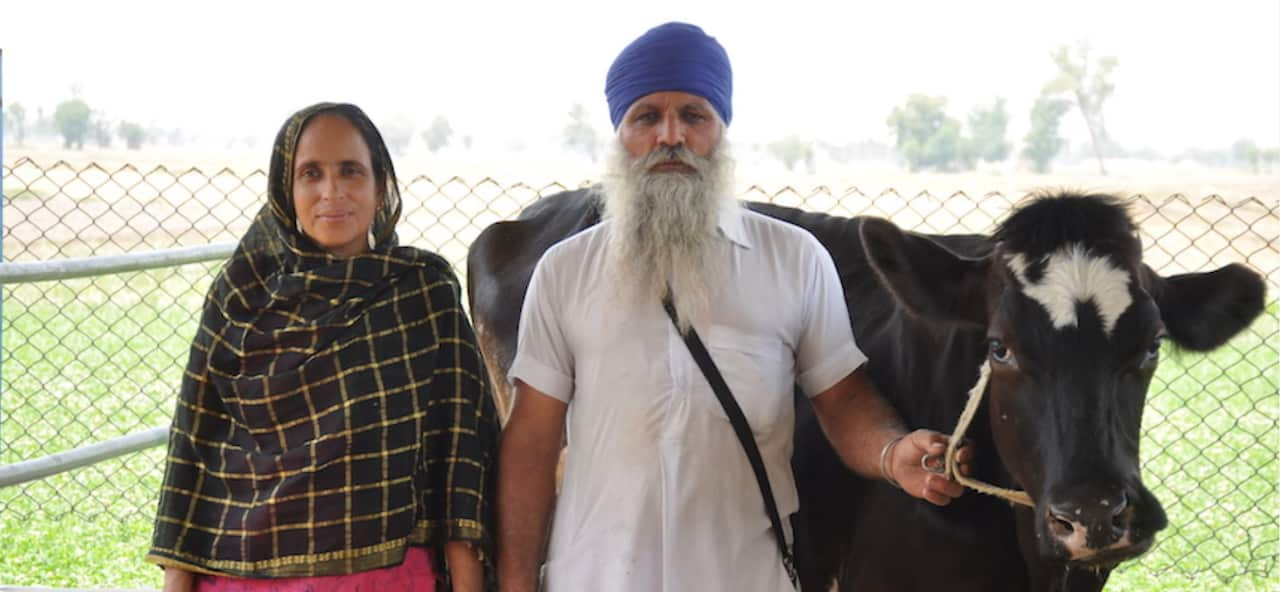
MoooFarm’s idea behind employing artificial intelligence and facial recognition technology for dairy cattle is to increase the penetration of insurance in India’s dairy farming sector.
“There are 300 million dairy cattle in India out of which only 9 per cent or 270 million are insured,” says Mr Singh as he further explains how this will help the industry.
“The problem arises when these cattle suffer from disease or die and their owners face problems while claiming insurance. Insurers suspect cattle owners may have produced fraudulent pictures of other cattle only to get money out of them, and this often delays the payment to the farmer, even if s/he makes an honest claim.”
“On the other hand, dairy farmers have no way of proving their honesty, because it is believed all cattle look the same. This is where facial recognition technology comes in,” explains the social entrepreneur, who is fast increasing the footprint of his work in India.
He says he typically spends 8-10 weeks in India and then comes to Australia for two weeks.
MoooFarm runs a call centre where health advice is provided over the phone to dairy farmers in Punjab, Haryana and Maharashtra amongst other states.
It also provides medical advice by veterinary doctors over the phone.
Listen to the interview in Punjabi by clicking on the player at the top of the page.
Listen to SBS Punjabi Monday to Friday at 9 pm. Follow us on Facebook and Twitter.


